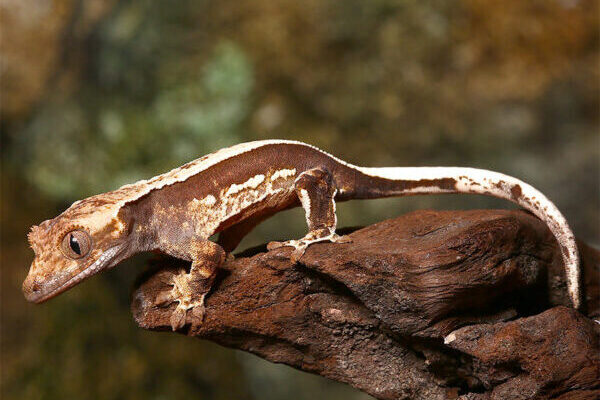Geckos for Sale: What You Need to Know Before You Buy
Geckos, with their charming appearance and unique behaviors, have captured the fascination of reptile enthusiasts worldwide. These small to medium-sized lizards are known for their ability to cling to surfaces with their adhesive toe pads and their wide variety of colors and patterns. As more people consider bringing geckos into their homes as pets, it’s essential to understand what’s involved in their care and to make an informed decision before purchasing one. This article aims to provide a comprehensive guide to potential gecko owners, covering various aspects of gecko ownership.
Choosing the Right Gecko Species
Before rushing to purchase a gecko, it’s crucial to research different species to find one that suits your lifestyle, preferences, and level of expertise. Some common gecko species kept as pets include:
- Leopard Gecko: These geckos are known for their docile nature and a wide range of color morphs. They are relatively easy to care for and are a great choice for beginners.
- Crested Gecko: Crested geckos are arboreal and highly adaptable. They’re popular for their vibrant colors and the crest of skin that runs from their eyes to the base of their tail.
- Gargoyle Gecko: Similar to crested geckos, gargoyle geckos are known for their bumpy skin texture and interesting patterns. They are hardy and can thrive in well-maintained enclosures.
- African Fat-Tailed Gecko: These geckos have a similar appearance to leopard geckos but with shorter tails. They are known for their calm demeanor and are relatively easy to care for.
- Tokay Gecko: Tokay geckos are colorful and have distinctive vocalizations. However, they tend to be more aggressive and require experienced handlers.
Understanding Care Requirements
Geckos, like all pets, have specific care needs that must be met to ensure their well-being and longevity. Here are some important aspects to consider:
- Enclosure Setup: Geckos need appropriately sized enclosures with the right habitat elements. This includes substrate (bedding), hiding spots, climbing branches, and suitable lighting and heating setups. Different species may have varying enclosure requirements.
- Temperature and Humidity: Geckos are ectothermic, meaning they rely on external sources of heat to regulate their body temperature. Maintaining the proper temperature gradient and humidity levels in the enclosure is vital for their health.
- Diet and Feeding: Geckos have unique dietary requirements. Most species are insectivores, meaning they primarily eat insects. It’s essential to provide a varied diet of appropriately sized and gut-loaded insects, as well as supplements to ensure they receive essential nutrients.
- Handling and Socialization: Some gecko species are more tolerant of handling than others. Proper handling techniques and gradual socialization are important to prevent stress and potential injury.
- Healthcare and Regular Vet Visits: Geckos, like all pets, require regular veterinary care. Finding a veterinarian experienced in reptile care is essential. Routine health checks can catch any potential issues early on.
Ethical Considerations
When purchasing a gecko, it’s crucial to source them ethically. Avoid buying geckos for sale from sources that participate in illegal or unsustainable practices, such as smuggling or exploiting wild populations. Reputable breeders who prioritize the health and well-being of their animals are the best choice.
Financial Commitment
Owning a gecko involves a financial commitment beyond the initial purchase cost. Consider the costs of the enclosure setup, heating and lighting equipment, food, veterinary care, and potential emergency expenses. Being financially prepared is essential for providing a proper and comfortable life for your gecko.
Conclusion
Geckos can make fascinating and rewarding pets for individuals who are willing to invest time, effort, and resources into their care. Before purchasing a gecko, potential owners should thoroughly research the species they are interested in and understand the specific care requirements involved. Creating a suitable habitat, providing proper nutrition, and ensuring regular veterinary care are essential for the well-being of these unique reptile companions. By making an informed decision and committing to responsible ownership, you can enjoy the company of these captivating creatures for many years to come.



